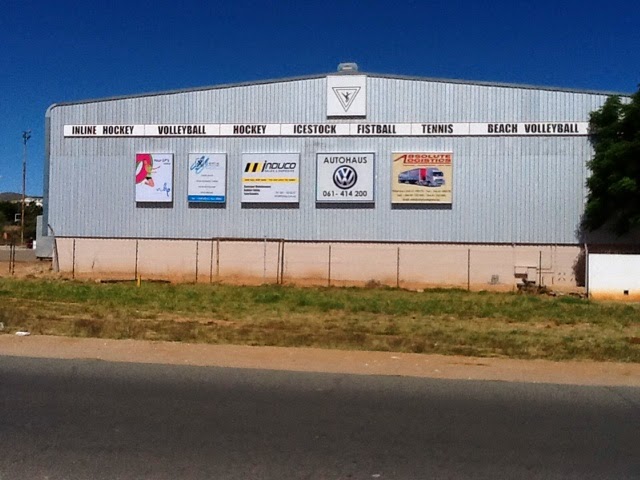If you have been following this commentary, you may notice gaps in posts. This is due to the inconsistent internet access throughout the continent. Each country has a different protocol and the riders with smart phones urgently acquire SIM cards upon arrival in a new jurisdiction. Given my IPad, I wait for wifi which is hit or miss, mostly miss on the long stretches of road in isolated regions. Here we are in the aptly titled hamlet of Solitaire.
The community consists of a petrol station, a bakery renowned for apple pie and a general dealer. The population is listed on the sign. One may conclude that all of them work here.
This last section culminates with the convoy into Cape Town. There is a lot of dirt to cover. Our road int town was marked by an epic descent that was thrilling. It gave way to piste that drew us to our camp.
Tomorrow is the final time trial and rider meeting beckons. Our destination is Sesriem which exits as a transit point and accommodation venue for those who wish to take in the famous dunes at Sossusvlei. The TDA has awarded us a day of rest in this village in order to appreciate the red sand.

















































